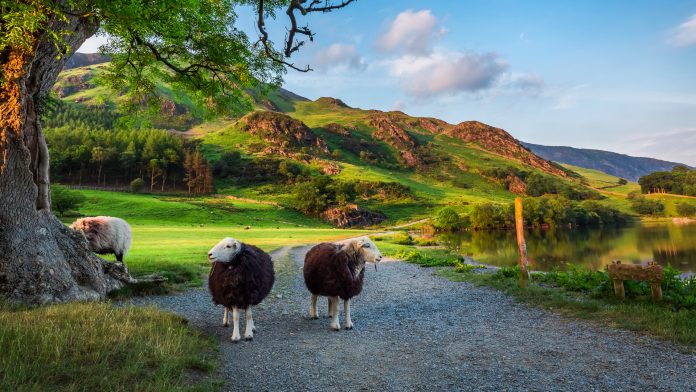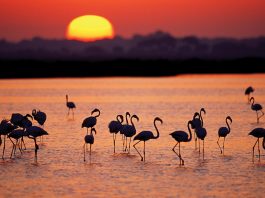Today, the British Prime Minister will commit to protecting 30% of the UK’s natural environment and biodiversity by 2030.
National parks, ‘areas of outstanding natural beauty’, and other protected areas of the UK’s natural environment already comprise approximately 26% of land in England. An additional 400,000 hectares, the size of the Lake District and South Downs national parks combined, will be protected to support the recovery of the UK’s biodiversity.
Prime Minister Boris Johnson is set to sign the Leaders Pledge for Nature at a virtual United Nations event later today (28 September 2020). This pledge aims to reverse biodiversity loss and prevent more species from being made extinct, with a 68% decline in global wildlife populations since 1970 alone.
In Johnson’s address to the United Nations he will say: “We must turn these words into action and use them to build momentum, to agree ambitious goals and binding targets. We must act now – right now. We cannot afford dither and delay because biodiversity loss is happening today, and it is happening at a frightening rate. Left unchecked, the consequences will be catastrophic for us all. Extinction is forever – so our action must be immediate.”
The Leaders Pledge for Nature commits to taking ten urgent actions, which address a variety of issues such as: sustainable food production, ending the illegal wildlife trade, and implementing nature-based solutions for climate change.
The UK has played a key role in negotiating the pledge, alongside partners such as Costa Rica and the EU, and is now driving the campaign to bring other countries on board. The British Government has committed significant investment to support the UK’s natural environment through the Nature for Climate Fund and the new Environmental Land Management (ELM) scheme.
The £640m Nature for Climate Fund will plant more than 40 million trees and restore 35,000 hectares of peatland in England. Under the ELM scheme, farmers will be paid for work that enhances the environment, such as tree or hedge planting, river management to mitigate flooding, or restoring habitats for wildlife. Farmers will therefore be at the forefront of reversing environmental declines and tackling climate change as they reshape the future of farming in the 21st century.





